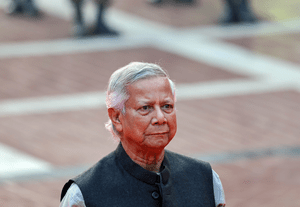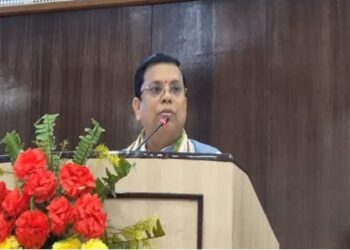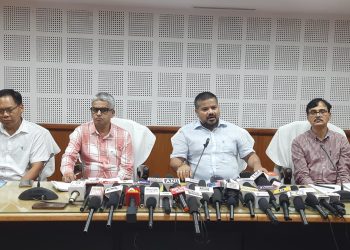Dhaka, September 5:
Bangladesh is facing its gravest crisis in over a decade, marked by Islamist militancy, extremism, economic collapse, unemployment, and widespread unrest under the interim government of Muhammad Yunus, according to a report by noted journalist and political analyst Syed Badrul Ahsan in Northeast News.
The report highlights a sharp rise in violence against women, with over 4,200 cases of rape and sexual assault—including 650 gang rapes—recorded in the first half of 2025, up from 3,100 during the same period in 2024. This surge reflects the breakdown of law enforcement and social safeguards.
Ahsan argues that the political crisis, which began with the ouster of the Awami League in August last year, has only deepened. Mobs aligned with the current regime have disrupted public life, while the administration has allegedly suppressed dissent, silenced the press, politicised the judiciary, and targeted opponents with sedition and ICT laws.
The Yunus-led regime is also accused of overseeing gross human rights violations, particularly against minorities, and of allowing the demolition of Sheikh Mujibur Rahman’s historic residence on February 5, 2025, alongside attacks on Awami League leaders’ homes. Critics say this reflects an effort to erase Bangladesh’s historical legacy.
Despite announcing an election schedule for February 2026, Yunus is accused of lacking the legal and moral mandate to govern. Ahsan contends that Yunus holds power not through law but through “forgery and force,” with the judiciary remaining silent.
The interim government has also faced criticism for exploiting student groups to justify unconstitutional acts and sidelining President Mohammad Sahabuddin, the country’s only constitutional authority.
Concluding, Ahsan stressed that only an “all-encompassing political change” can restore the rule of law and stability in Bangladesh.


















